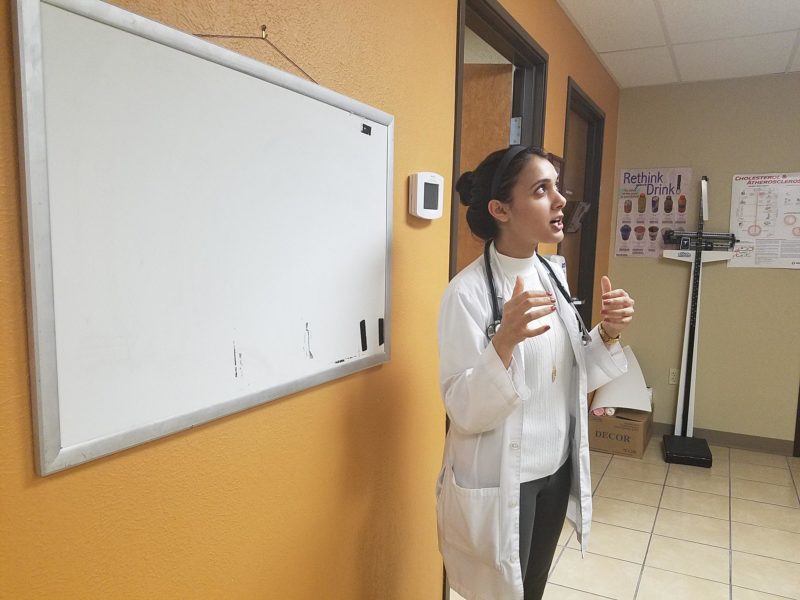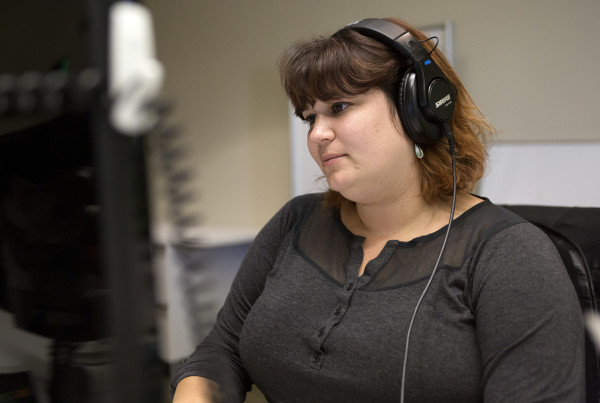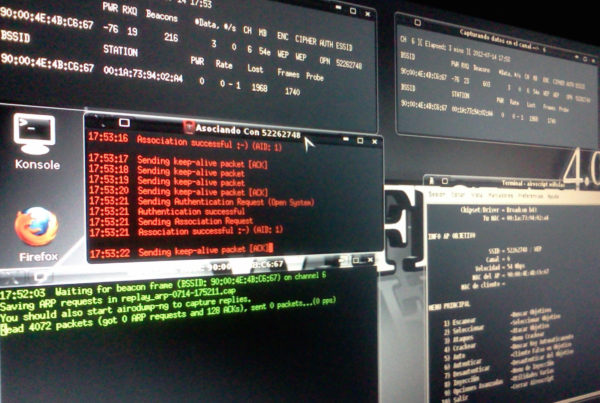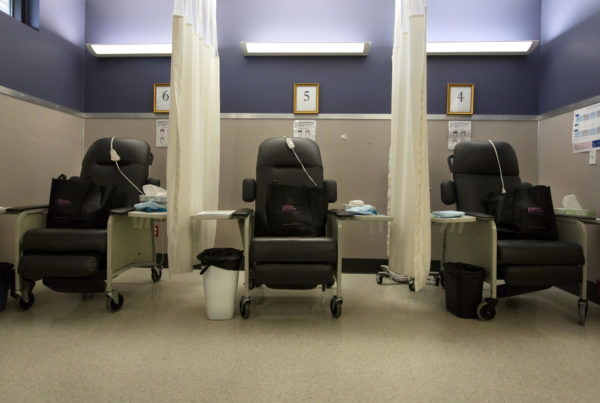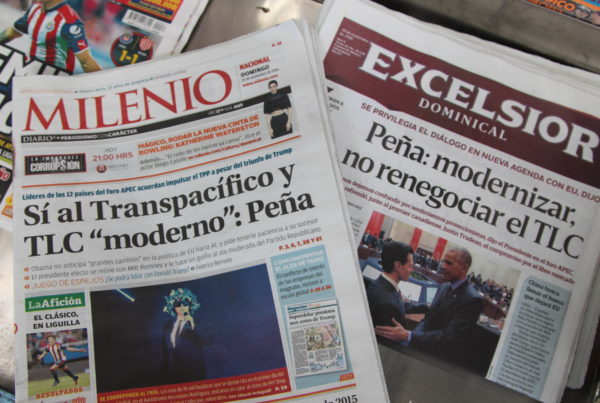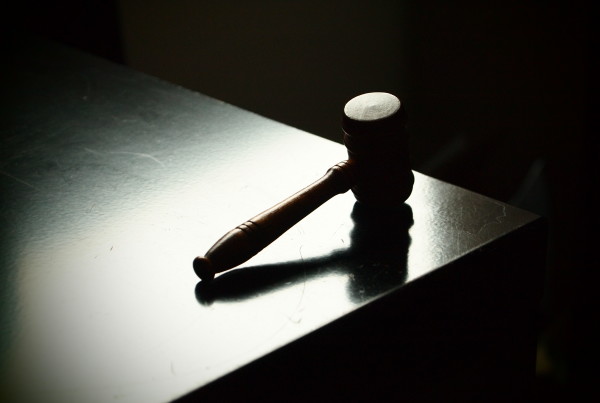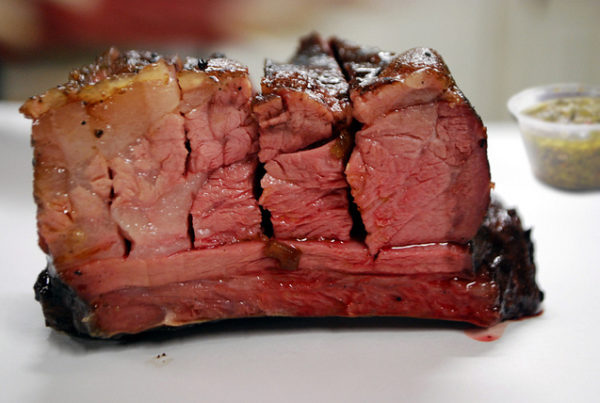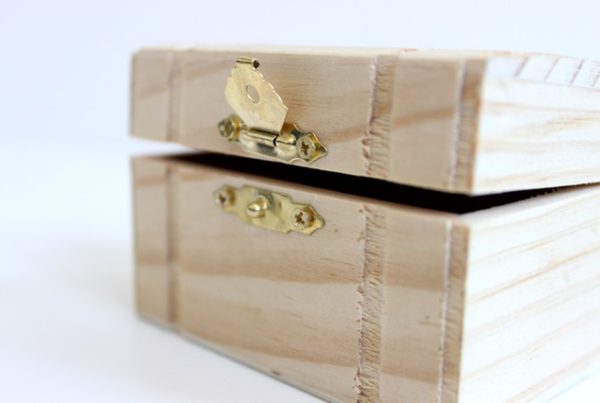From KERA:
The clinic at the Union Gospel Mission men’s shelter, northwest of downtown Dallas, opens at 5 p.m. Patients begin to trickle in at five on the dot. The clinic primarily serves the homeless shelter next door, and offers checkups, vaccines and over-the-counter medications.
It’s free, and it’s run by medical students.
Neeta Malviya is a fourth-year student at the University of Texas Southwestern Medical Center. She’s graduating this spring and wants to work specifically with low-income and homeless people. On a chilly Tuesday evening, she checked in with 44-year-old Christopher Stine.
In the exam room, Malviya asked a slew of question: “How are you feeling today? What brings you in?”
Stine hurt his knee lifting weights, and it’s been bothering him for a few months. Malviya knew he was homeless, so she guessed he probably moved around a lot during the day.
“Honestly, the biggest thing I’ve learned is that with these patients, you have to think outside of the box. ‘Will this patient be able to do this treatment, do they have a social support network?’” she said. “There’s so much more that goes into taking care of a patient and their health than just giving them a medicine.”
For Stine, an over-the-counter painkiller was the best the clinic could offer that day. But the students don’t cut corners here when evaluating their patients. Malviya checked his blood pressure, asked him about other medications and health complications and checked for skin problems.


